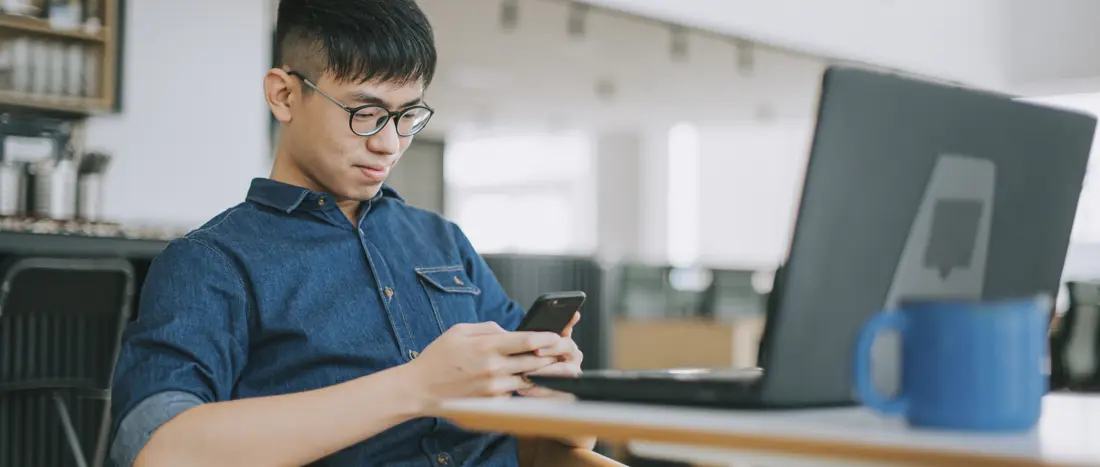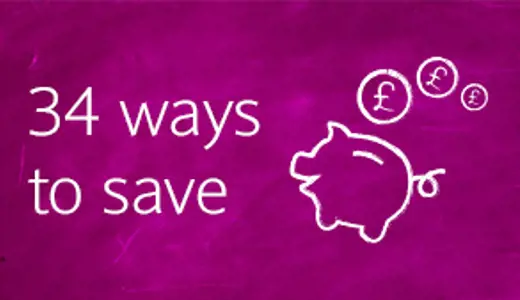7 ways to stay safe online




As we spend more and more time online it’s important to make sure that you protect your personal information and your money. Here are seven tips that can help you stay safe online:
1. Check how much personal information is public on your social media accounts, e.g., your birthday, where you live, pet names, holiday dates, job title etc. Fraudsters can use this information to steal your identity and apply for bank accounts or buy products in your name.
2. Don’t click on links or open attachments in emails or text messages you weren’t expecting, that prompt you to enter information.
3. Never share or hand over your PIN, codes, bank details or passwords with anyone who contacts you through text, email, phone, social media or in person, and don’t write them down. Don’t be fooled by offers of quick cash, as this could make you a Money Mule – watch this animation to understand more.
4. If you're concerned if someone calling you is legitimate, phone the organisation back using a number listed on their website.
5. Password protect your devices using random words and include symbols, numbers and capitals and regularly change them. Don’t use the same password for different accounts. Consider using biometrics (fingerprint or facial recognition) in addition to passwords and enable two-factor authentication.
6. Limit your online activity when using open public Wi-Fi connections, including logging on to your email, online banking and online shopping.
7. Install anti-virus software on your laptop and any other personal devices and then keep it up to date.
See some examples of how fraudsters can access your information if you’re not careful on our know your phishing from your smishing page.
For more information on staying safe online check out Digital Wings and CIFAS.


